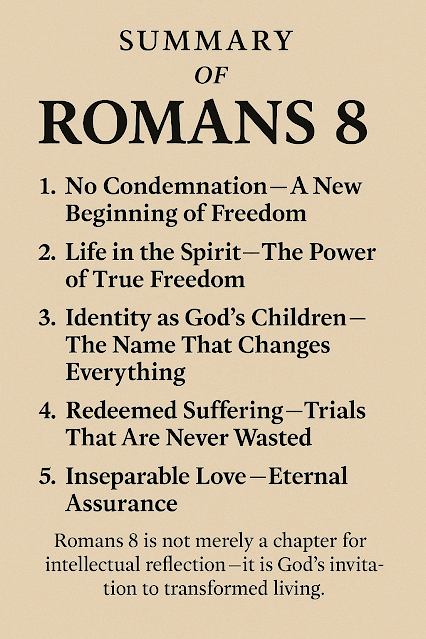Mere Christianity (C.S. Lewis) 06 - Chapter 4. What Lies Behind the Law
Part 1. Right and Wrong as a Clue to the Meaning of the Universe
Chapter 4. What Lies Behind the Law
In Chapter 4, C.S. Lewis takes the clue established earlier—the "Law of Human Nature" (the Moral Law)—and poses the most fundamental question about the universe: "What lies behind this law?" Through this question, he logically explores what the inner moral law we experience tells us about the nature of the universe.
Two Views and the Limits of Science
Lewis begins his discussion by presenting two major views that explain the universe. One is the materialist view, which holds that everything is the product of matter and chance. The other is the religious view, which posits that there is an intelligence and purpose behind the universe. Lewis reminds us that these two views have always coexisted since ancient times, dismissing the prejudice that one is more "modern" than the other.
He avoids the old, exhaustive confrontation of "science versus religion" and clearly defines the essential role of science. He draws a line, stating that science, through observation and experiment, only "observes how things work," and that asking "why things exist" or whether there is something behind them is not a scientific question.
"After all, this is a question of common sense. Suppose science became perfect and came to know every single thing in the whole universe. Even then, wouldn't it be clear that questions like 'Why does the universe exist?', 'For what purpose does the universe continue as it is?', and 'What meaning does the universe have?' would remain exactly as they are now?"
This insight is crucial. It dispels the illusion of 'scientism'—the idea that science will answer all questions—and clarifies that humanity's fundamental questions require a different dimension of inquiry. This seems to be an intellectual stance that respects the domains of each academic discipline and mode of thought, moving beyond the attitude of dismissing faith as unscientific.
The Only Clue
He presents a solution to the problem that we cannot know what is "behind" the universe through external observation alone. The solution is to turn our gaze to the one and only special clue we possess: 'Man' himself.
"Because there is one thing in the whole universe, and only one, that we know more about than we could learn from external observation. That one thing is Man. We do not merely observe men, we are men. In this case we have, so to speak, inside information."
This concept of 'inside information' holds significant meaning for Lewis. In a world that emphasizes only objective data, he argues that our inner experience—the sense of right and wrong, and the feeling of obligation—is the most certain 'evidence' through which we can glimpse the nature of the universe. This is because we directly experience within ourselves the law of 'ought,' something we could never discover by studying stones or trees from the outside.
The Process of Reasoning and the Conclusion
Based on this 'inside information,' Lewis continues his argument using the intuitive metaphor of an 'envelope.' We cannot open the countless other envelopes (the other things in the universe), but by opening the one envelope we are allowed to—'Man'—we can infer that there is a message inside (the Moral Law) and a 'sender' who sent it.
"The only envelope we can open as humans is Man himself. When I open that envelope... what I find is the fact that 'I am not an independent being, but a being under a law,' that is, 'there is someone or something who wants me to behave in a certain way.'"
Through this reasoning, Lewis reaches a cautious conclusion. He does not yet use the word 'God.' Instead, he states that what the argument so far proves is the fact that "there is something directing the universe, and it appears in me as a law, urging me to do right and making me feel responsible and uncomfortable when I do wrong." And he adds that this 'something' is more like a 'mind' than like matter, which cannot give instructions.
This step-by-step approach demonstrates Lewis's intellectual honesty and, at the same time, builds trust with the reader. Instead of demanding blind faith, he leads even the skeptic to a point they can agree with through rational inference. This chapter ultimately suggests the possibility that faith is not an irrational leap, but rather the most reasonable conclusion that can be drawn starting from the inner experience we all possess.
Korean version: https://deposo.tistory.com/151






Comments
Post a Comment